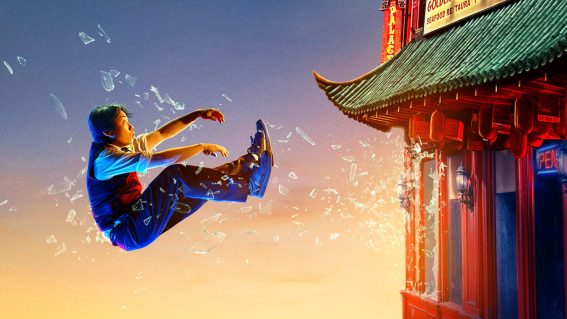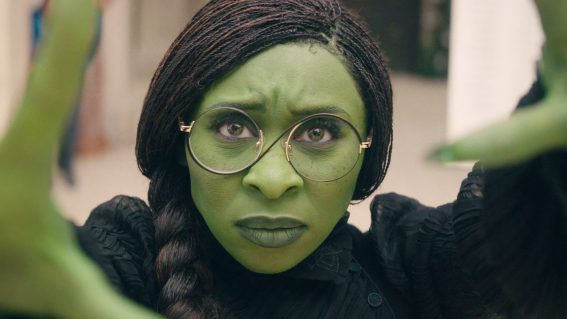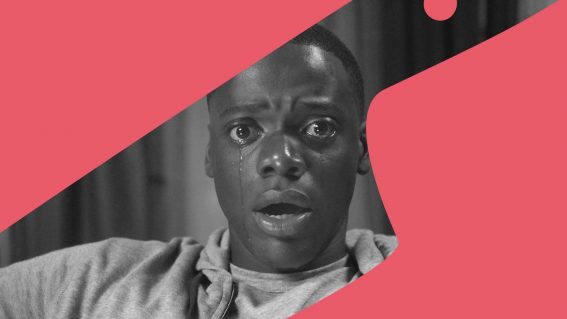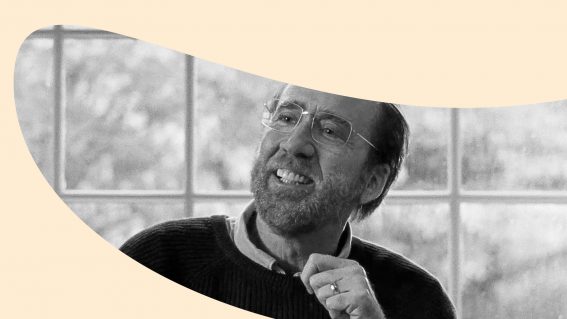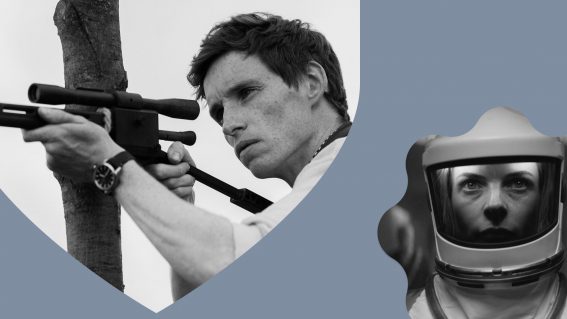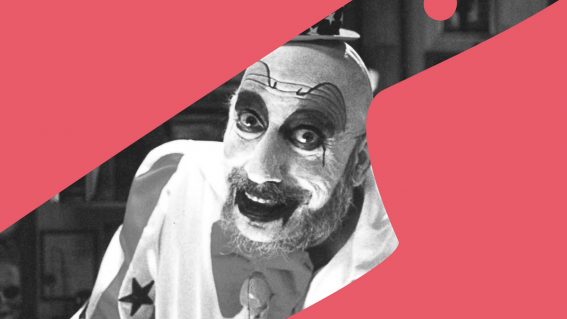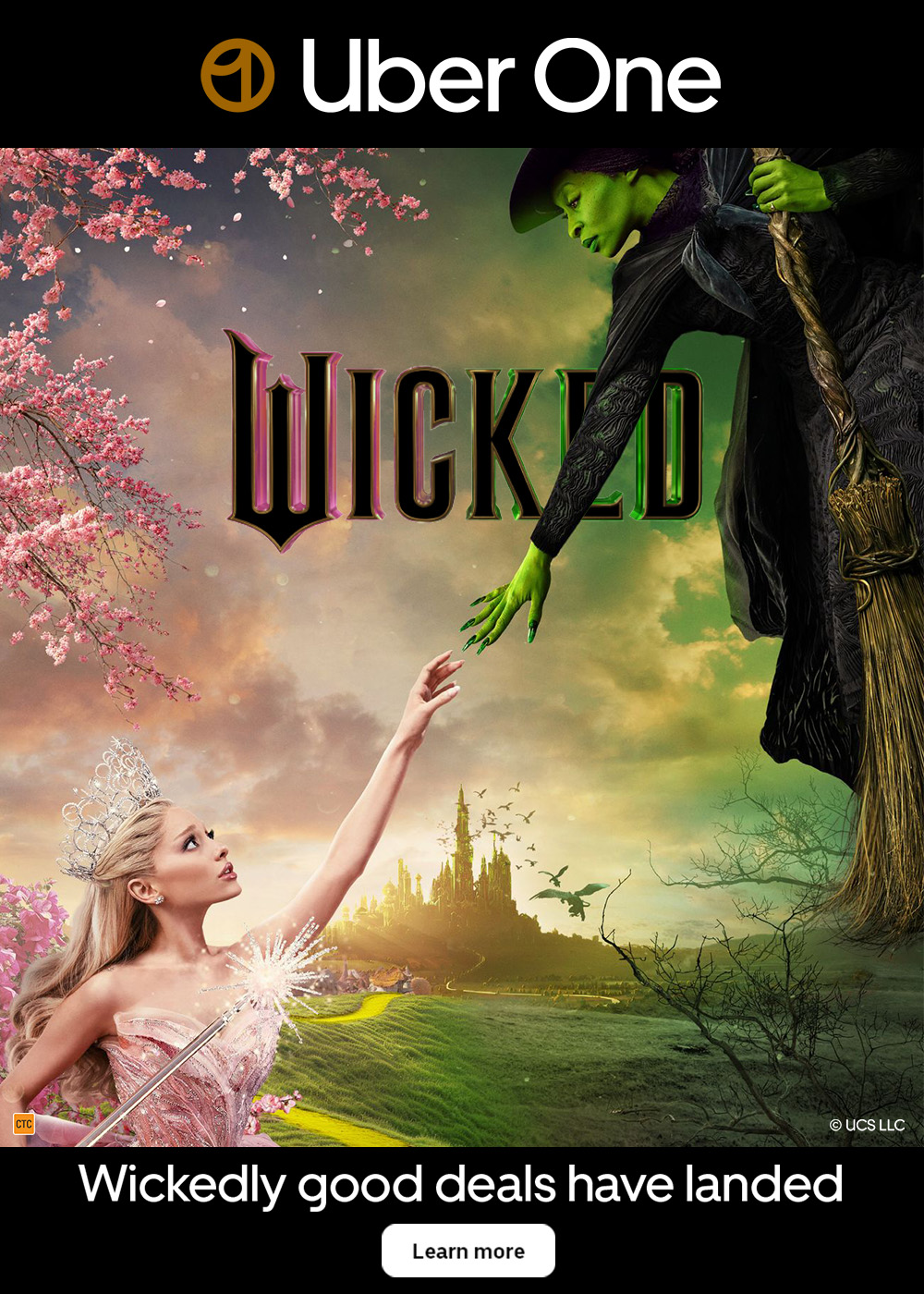HBO’s Tiger Woods documentary uses one of the oldest and greatest story templates

The two-part documentary Tiger (now on BINGE) explores the sometimes sordid story of the world’s greatest golfer. Critic Luke Buckmaster examines techniques used in the production and explores the questions it raises.
High-profile subjects such as Tiger Woods despise documentaries like the two-part HBO series that bears his name—not just because these shows fossick through dirty laundry and fish out skeletons in the closet. In the absence of participation from the person in question, the temptation is to fill them with talking heads performing in armchair shrink mode, commenting on deep-seated aspects of the subject’s psyche as if they were capable of observing a window into their soul. This is certainly the case in Tiger.
See also:
* Best new movies & series on BINGE
* All new movies & series on BINGE
* All new streaming movies & series
Some comments from the gaggle of interviewees are assumptions tied to the star’s formative years, such as an old friend who proposes in the second episode that Woods “grew up in an environment where feelings were not discussed…he doesn’t understand how to deal with complex emotions.” Others suggest the golfing legend was a victim of celebrity, such as an ex-girlfriend who claims that fame and fortune was the reason “his sweetness was stolen from him”.
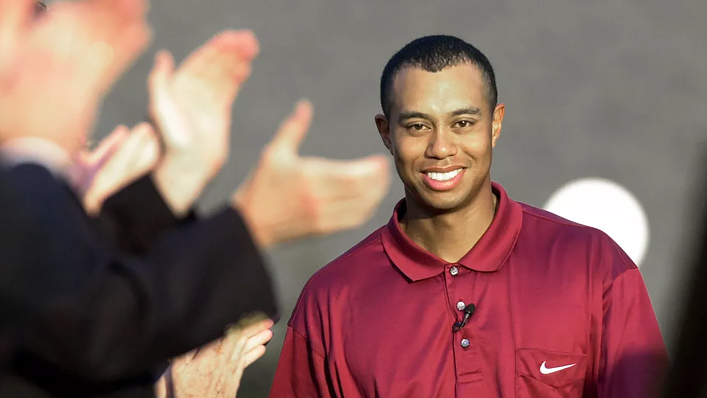
Others say things that sound OK at the time, but the more you think about them the stupider they seem to become. For instance: shortly before directors Matthew Hamachek and Matthew Heineman gorge on all the salacious and adulterous stuff, they differ to the quasi-karma and generalisms of sports writer Robert Lusetich, who tells us that “at his core, Tiger has this view of the world that only sort of a young boy has: of conquering. He conquered the world. The problem with conquering the world is that the world is going to want its revenge”.
The interviewees are a mixed blessing
The world is going to…want revenge? That airy statement is so jam-packed with dramatic nothingness they put it on the trailer. And when it arrives in the documentary the directors play ominous electric guitar chords immediately after, announcing the arrival of one of Woods’ former mistresses, Rachel Uchitel, who launches her subsequent tell-all (“for the last 10 years I have stayed quiet about this story…”). But the most hyperbolic statements in Tiger come, oddly enough, from Woods’ father Earl, who died in 2006 but has a significant presence in it, regularly broached in conversation and appearing via titbits of old footage. In this instance of a speech he made when Tiger won the 1996 Fred Haskins Award.
Earl appeared to believe his son would be not just a great golfer but a sort of messiah, destined to enhance the human experience. He says Tiger will “transcend this game and bring to the world a humanitarianism that has never been known before”, providing residents of planet earth “a better place to live in by virtue of his existence and his presence”. Jeez, way to set high expectations. As Earl concludes his speech—describing his offspring as a “treasure” and asking the human race to “accept it and use it wisely”—the directors accompany his words with grainy footage of Woods standing in a sterile room in a police station, in handcuffs, looking forlorn and spaced out.
Tiger embraces a story template used since time immemorial
In this moment the sharp dichotomy between words and pictures crudely makes the point that Woods may not in fact be Jesus incarnate (although to be fair JC fell foul of the law also). This recent chapter in the star’s life is explored in the second episode, detailing among other things the star’s arrest for driving under the influence with a handful of different drugs in his system. It belongs to the bottomward part of a trajectory that goes up up up, then down down down, the show embracing one of the oldest and greatest storytelling templates of them all: the rise and fall narrative.
This template has a recurring presence in Scorsese movies (i.e. Goodfellas, Casino, The Wolf of Wall Street, The Irishman). But that is scraping the very tip of the iceberg, given it has been evident in culture and real-life events since time immemorial, condensing the journey of many empires—from the Romans to the Mayans to the Weinsteins to the local drug dealer—as well as countless celebrities, politicians, businesspeople and other figures strewn across history.
“There is a fascination in America to see the top dog fall off the ladder”, notes one interviewee—which is undoubtedly true but this fascination extends much further than the USA. Australians for instance famously embrace the “tall poppy syndrome”, making a national pastime out of watching highly successful people brought down a peg or two. But it extends much further than this country too.
Tiger Woods’ comeback is currently unfolding in real-life
The ‘rise’ part of the rise and fall trajectory inspires and thrills, telling us great things are possible in the pursuit of business, or sport, or drug dealing, or Donkey Kong, or go karting, or whatever. The fall reminds the average person that our lives are not entirely shit for failing to spearhead the kind of narratives people make movies about—and indeed that we might be better off for not attracting the attention of pesky things such as cameras and the police. Before Tiger ends it has embraced another trajectory—the resurrection or comeback narrative. The production can’t examine this in detail given it is currently unfolding.
There’s nothing great about this documentary—but it’s entertaining and rigorously edited, with a snappy pace that seems to say “we’re not pussyfotting around”. Despite interviewees blurring the line between armchair shrinks and ravenous commentators, as happy to compliment Woods as they are to turn the knife, their endless opining does provoke a range of interesting discussions and questions.
Is the life and career of Tiger Woods for instance a Peter Pan story, about a man who never received a proper childhood? Did the controversy about him hit so hard because he acted immorally, or because his off-course behaviour was out-of-sync with his ‘personal brand’? And more importantly: would a white person have received the same amount of vitriol and tongue-clucking? We don’t get any real answers, or even much insight. But at least the show’s so-called experts offer food for thought.


